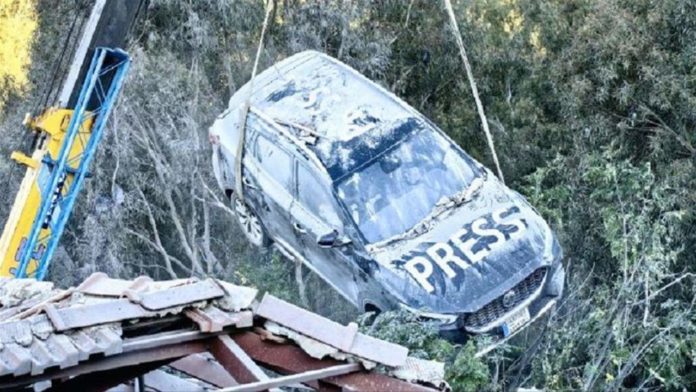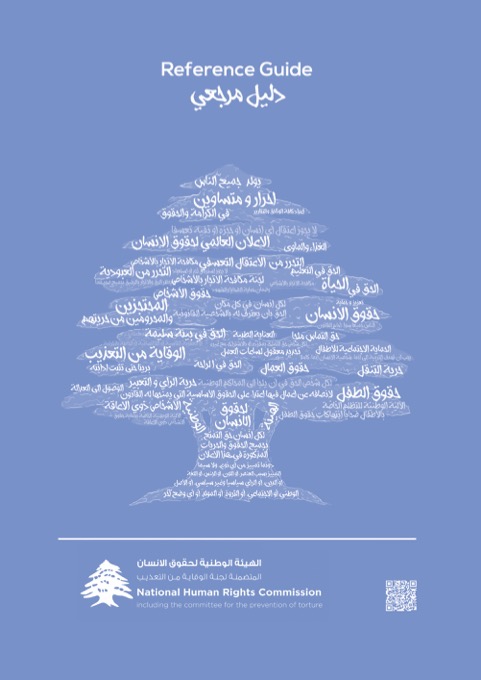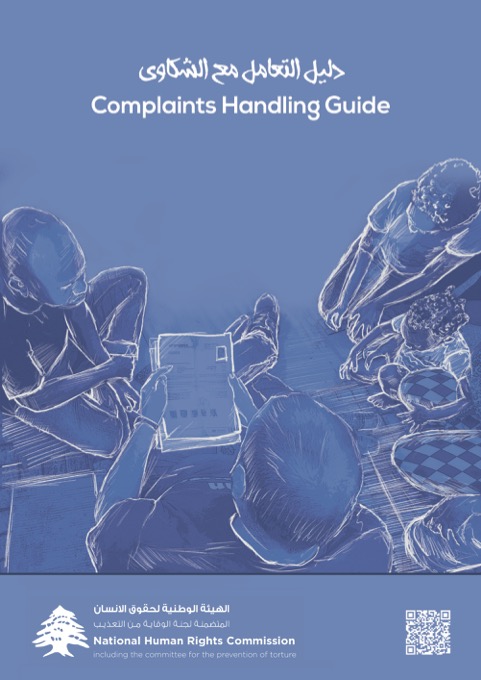هذه المقالة متاحة أيضًا بـ: العربية (Arabic)
Responding to the news of the targeting of the Israeli occupation forces journalists’ residences at a hotel in Hasbaya, Dr. Fadi Gerges, President of the National Human Rights Commission, which includes the Committee for the Prevention of Torture, said:
“The war crime committed today in Hasbaya, resulting in the death of three martyrs—photographers Wissam Qassem (from Al-Manar Channel), Ghassan Najjar (from Al-Mayadeen Channel), and broadcast engineer Mohammad Reda (also from Al-Mayadeen)—and injuring photographers Hassan Hoteit and Zakaria Fadel (from Al-Qahira Al-Youm Channel), must not go unpunished. This act represents a blatant continuation of Israel’s systematic targeting of journalists and media workers in Lebanon and Palestine, aiming to silence them and obstruct the transmission of information on Israel’s war crimes. These attacks are also intended to instill fear in journalists and deter them from covering its war.”
“Today, Wissam, Ghassan, and Mohammad are victims of a decades-long trend of impunity that has allowed journalist murders to go unpunished, with the Israeli occupation army bearing ultimate responsibility.”
This act represents a blatant continuation of Israel’s systematic targeting of journalists and media workers in Lebanon and Palestine, aiming to silence them and obstruct the transmission of information on Israel’s war crimes.
Fadi Gerges
The National Human Rights Commission, including the Committee for the Prevention of Torture, reiterates its call to the UN High Commissioner for Human Rights, Volker Turk, to convene an extraordinary session of the Human Rights Council to address the severe human rights situation in Lebanon. The Council should adopt a resolution to establish an urgent and ongoing international independent investigative committee to investigate all violations of international humanitarian law and human rights abuses in Lebanon, including those before and after September 22, 2024.
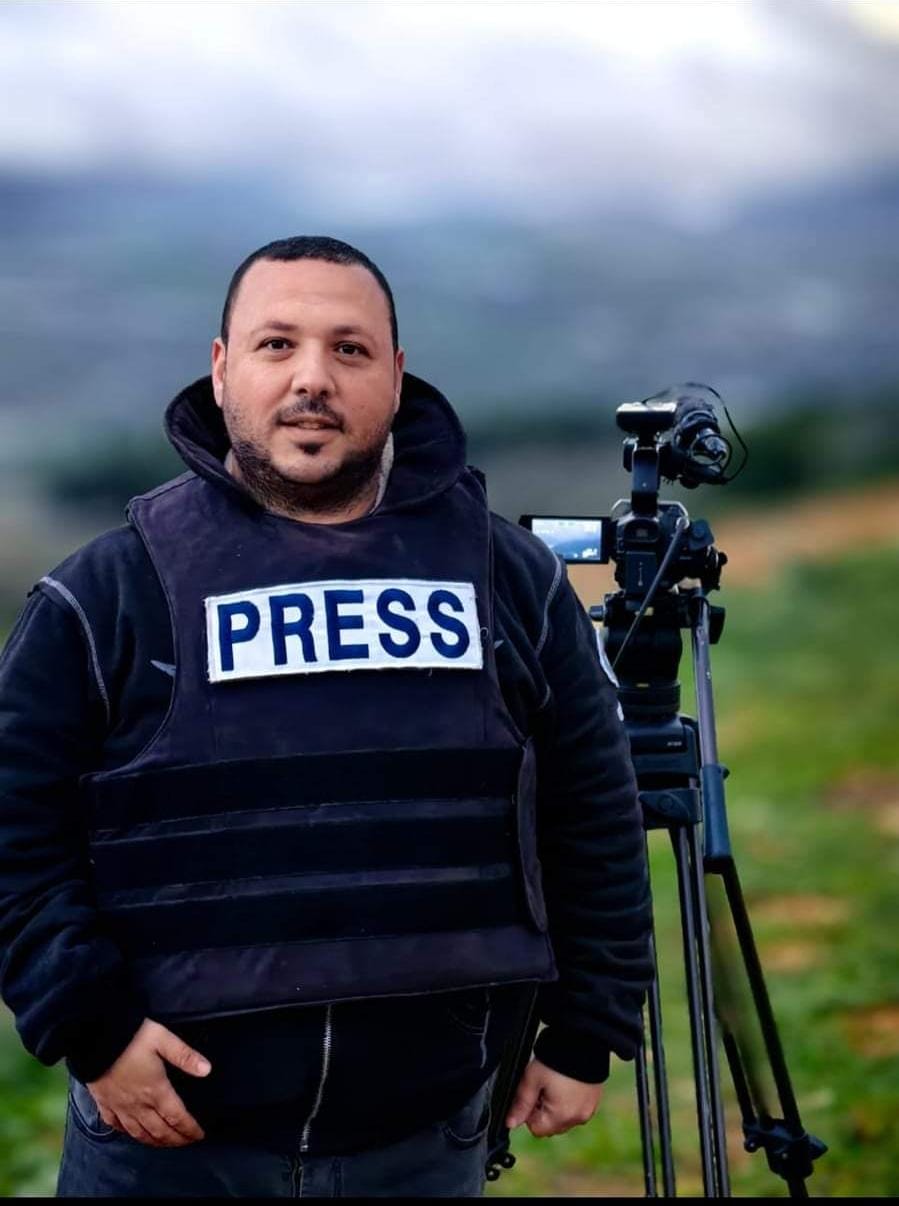
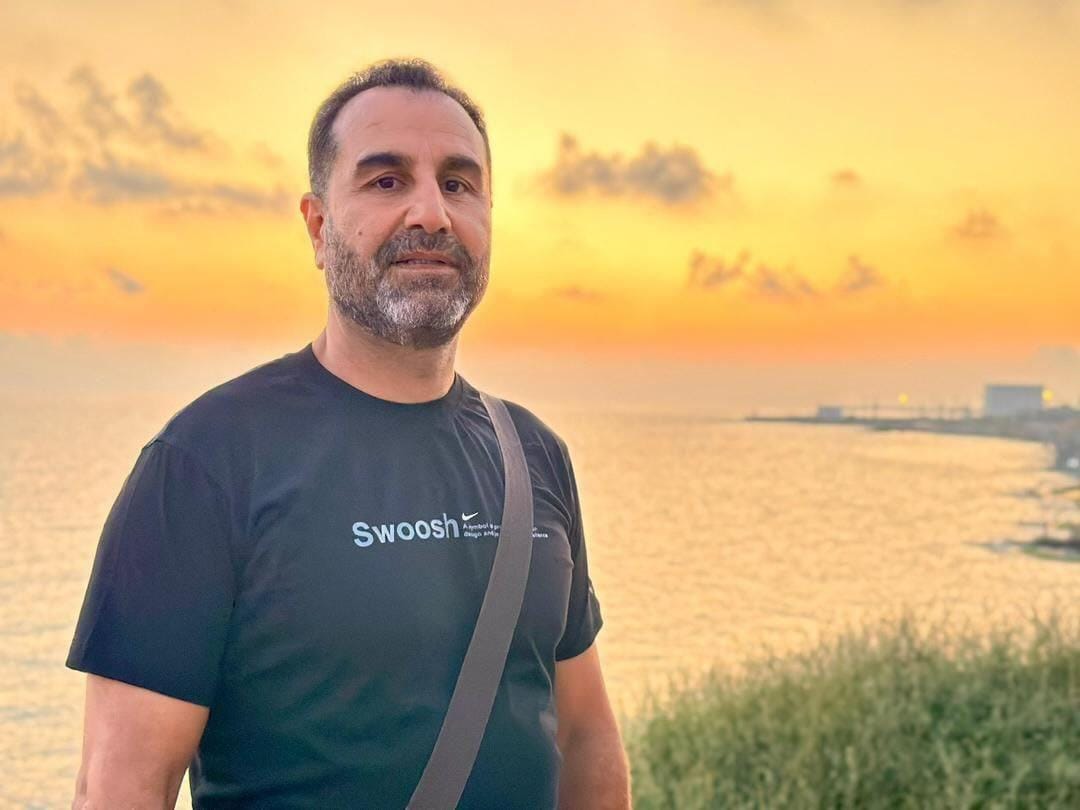
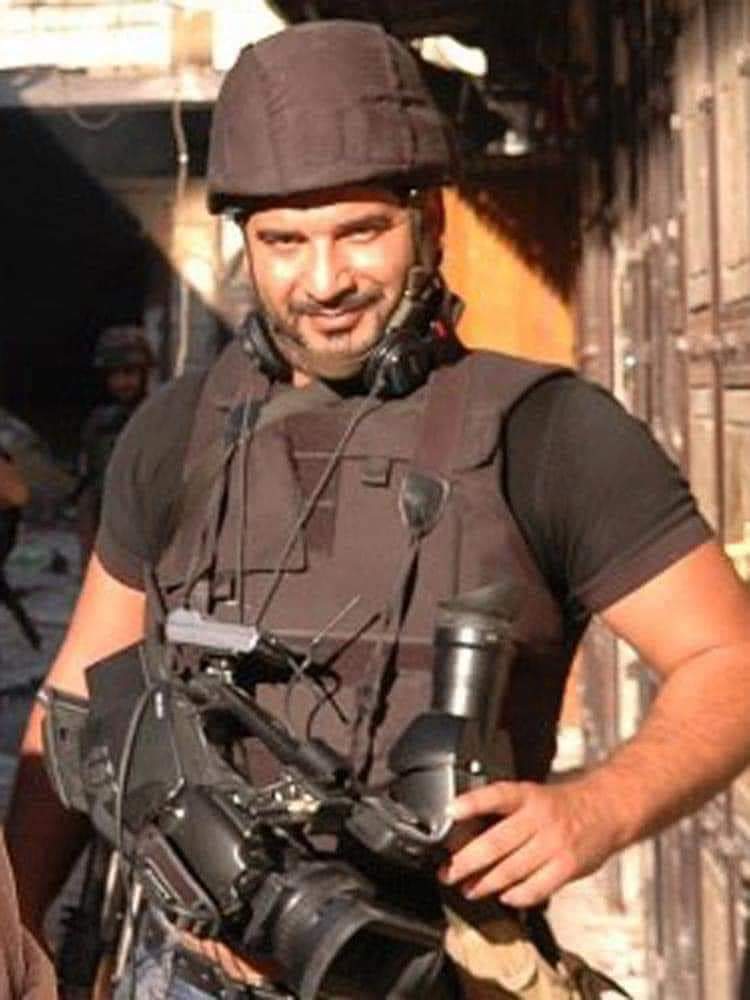
The commission also calls upon UNESCO’s Director-General, Audrey Azoulay, to, in line with her responsibility to promote journalist safety and combat impunity, take the following actions: (1) condemn Israel’s targeting of journalists in southern Lebanon and call for accountability for these war crimes, (2) support the Human Rights Council’s request to establish an international investigative committee in Lebanon, and (3) add the journalists killed by Israeli forces since October 13, 2023, to UNESCO’s observatory for monitoring impunity in journalist murders to track actions taken to bring perpetrators to justice.
The commission further urges the Lebanese government to promptly decide on the role of the International Criminal Court by directing the Ministry of Foreign Affairs to swiftly submit a declaration to the ICC Registrar accepting the Court’s jurisdiction to investigate and prosecute relevant crimes on Lebanese soil since October 7, 2023.
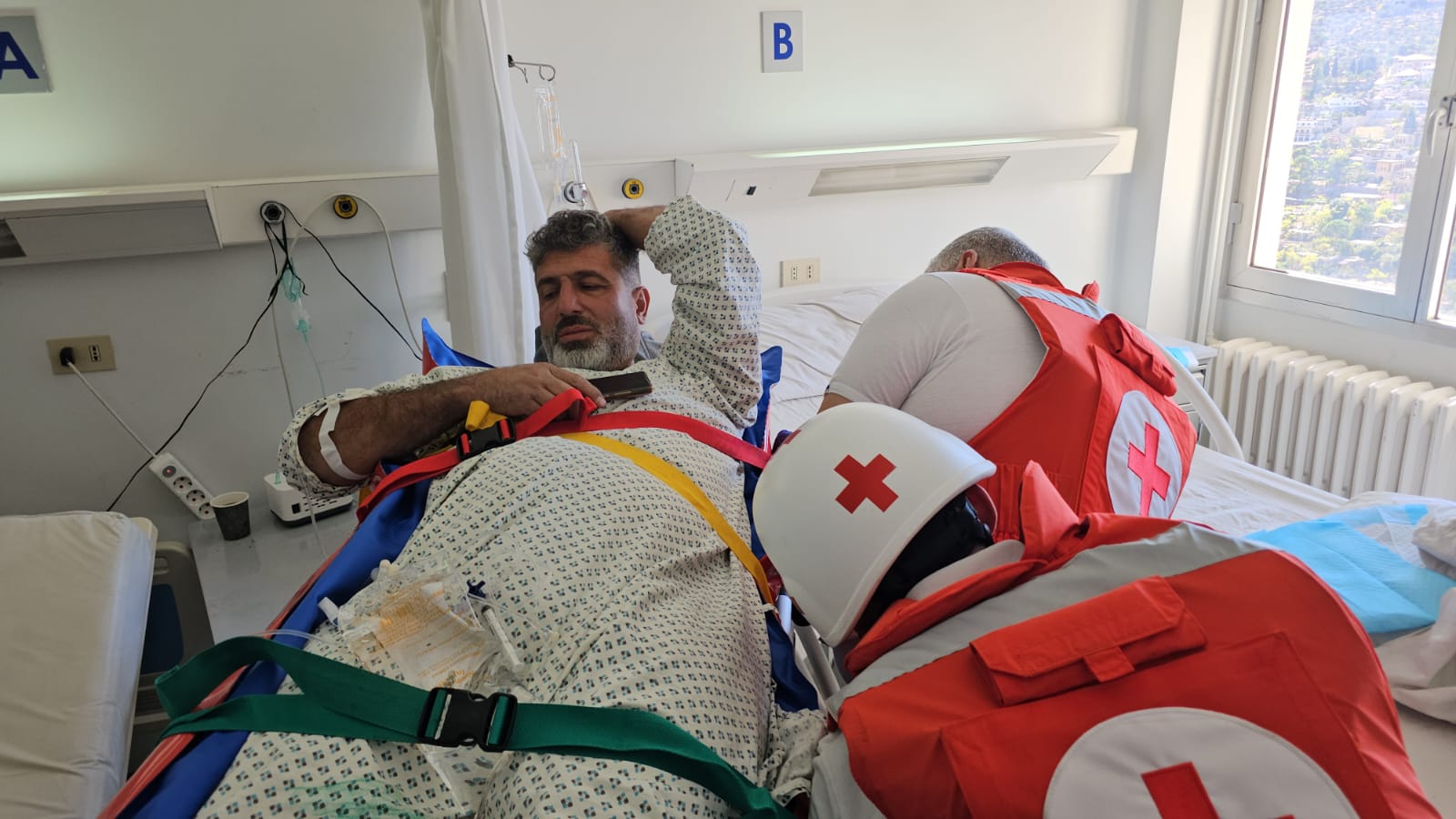
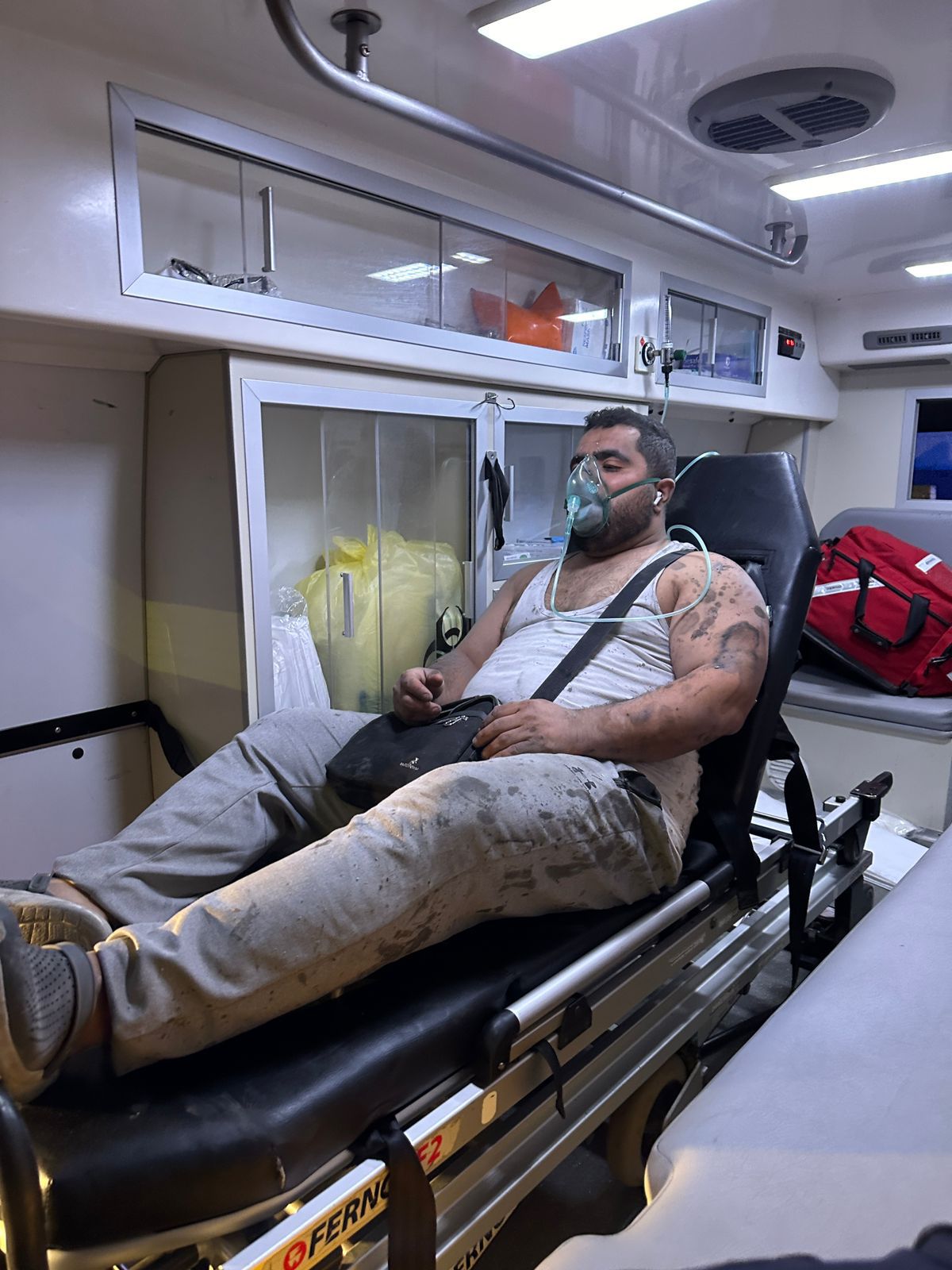
Urgent calls have also been issued to the UN Human Rights Council’s Special Procedures to form a delegation of various Special Rapporteurs to visit Lebanon to investigate human rights and humanitarian law violations resulting from the Israeli aggression. Suggested members of the delegation include the Special Rapporteur on the promotion and protection of the right to freedom of opinion and expression, the Special Rapporteur on extreme poverty and human rights, the Special Rapporteur on the extrajudicial, summary or arbitrary executions, the Special Rapporteur on the right to the highest attainable standard of physical and mental health, the Special Representative of the Secretary-General on the human rights of internally displaced persons, the Special Rapporteur on adequate housing as a component of the right to an adequate standard of living, the Special Rapporteur on the right to food, the Special Rapporteur on the rights of persons with disabilities, and the Special Rapporteur on the implications for human rights of environmentally sound management and disposal of hazardous substances and wastes. The commission hopes that this delegation will be able to visit affected locations, collect testimonies from victims, and interact with stakeholders in Lebanon to ensure human rights protection, affirming its full cooperation with the Special Rapporteurs’ delegation and its commitment to providing all necessary support for these visits to succeed.
These calls and recommendations were included in the final statement of the 23rd General Assembly of the Arab Network of National Human Rights Institutions and its annual conference in Jordan earlier this week.
Background
The Ministry of Public Health has reported 11 journalists killed and 8 injured since the beginning of the Israeli aggression on Lebanon. The Israeli army has repeatedly targeted press teams. At the same time, they performed their duties covering the aggression, resulting in the deaths of six journalists, including Issam Abdullah (Reuters), Farah Omar, and Rabih Mammeri (Al-Mayadeen), as well as technical assistant Hussein Aqil, with others injured.
Additionally, Israeli airstrikes have indirectly killed five other journalists, including photographer Mohammad Bitar (Municipality of Nabatieh), journalist Hadi Sayed Hassan (Al-Mayadeen Online), and local correspondent Hassan Romia (Al-Wadi News Network). On October 23, 2024, the Israeli army targeted an office of Al-Mayadeen Channel, previously evacuated in an apartment in a residential building in the Al-Janah district of Beirut, resulting in one death, five injuries, and complete destruction of the office.
Investigations conducted by independent international organizations, including Amnesty International, Human Rights Watch, Reporters Without Borders, Reuters, and the French Press Agency, have concluded that the Israeli army deliberately targeted a gathering of journalists in Alma Al-Shaab, leading to the death of Issam Abdullah in what amounts to a war crime.
